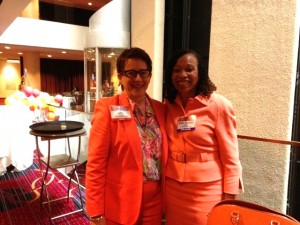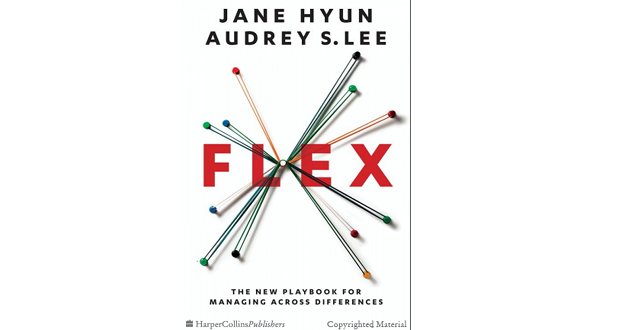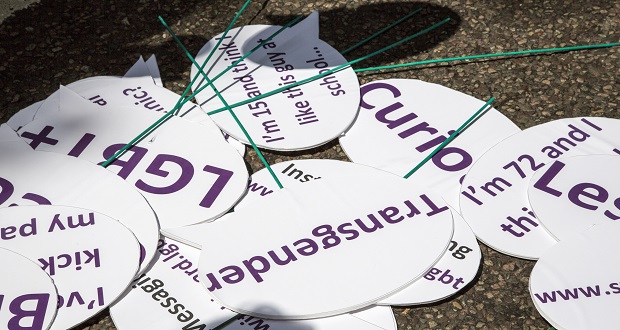
I had the opportunity to present Tuesday at the 11th annual Multicultural Women’s National Conference sponsored by Working Mother Media. The two day event is chock full of incredible speakers, forums and opportunities for multicultural women to network, reconnect with friends and colleagues, cry together, laugh together and leave inspired and with new resolve to break down barriers, and break through ceilings and doors to blaze new trails for all women.
This year’s theme was Living out Loud: The Power of Your Story. The conference always includes opportunities for “same race” groups to interact as well as cross race forums. Kudos to Carol Evans, President of Working Mother Media, and her team for putting on a first- rate event.
 My session focused on how to become more “sponsorable” by telling your story. I shared with the group that from my perspective it is difficult for all women to secure a sponsor but even more difficult for women of color.
My session focused on how to become more “sponsorable” by telling your story. I shared with the group that from my perspective it is difficult for all women to secure a sponsor but even more difficult for women of color.
We first explored the difference between a sponsor and a mentor. By the time I spoke to them on the afternoon of the second day the group was pretty well versed on the differences as presented in the table below.
| Sponsor | Mentor |
| Advocate | Sponsor’s “weaker cousin” |
| Goes to bat for you | Advisor |
| “Powerfully positioned” champion | Sounding board |
| “Leans in” with and for you | Provides guidance |
| Connector | Mentorship more often one way relationship; sponsorship is reciprocal |
| Trusts and believes in you | |
| “Got your back” |
Sylvia Ann Hewlett, president and C.E.O. of the Center for Talent Innovation says this about sponsorship:
“It doesn’t quite take a village, but breaking into the white-boys’ club takes more than individual effort. No matter how fiercely you lean in, you still need someone with power to lean in with you”.
It is more complex for multicultural women to find a sponsor because it is still true that those most likely to be powerfully positioned are white men. White men may unconsciously not see women from different ethnic and racial backgrounds as “sponsorable”. It is easier to sponsor someone who looks more like you. The first inclination would be to sponsor other white men. When white men think of women they are more likely to think of women who may remind them of their daughter, wife or sister.
The other barriers that multicultural women may face in securing a sponsor include:
- Less access to powerful networks
- Stereotype threats
- Unconscious bias
- Lack of organizational savviness
- Lack of social capital
- Internalized oppression
- Lack of support from other women
- Generational differences
During the session we had a lively dialogue about each of the barriers and how to overcome them which I will explore in more depth over the next few weeks.
Top-left image: Mary-Frances Winters & Janet Wigfield, Vice President, Executive Director Conferences + Events at Working Mother Media




















I have not been familiar with the concept of sponsorship. Thanks for the information! Finding mentors has been struggle enough and, more often than not, I find myself flying solo. This has given me a gentle push to look harder!
Mary Francis
I just wrote a short article that was published locally in the Silicon Valley Latino Magazine. “Sponsors unmask your talents and open doors. Keep your mentors and engage your sponsors.” Any ideas of where else I can submit it?
Gracias
Santa